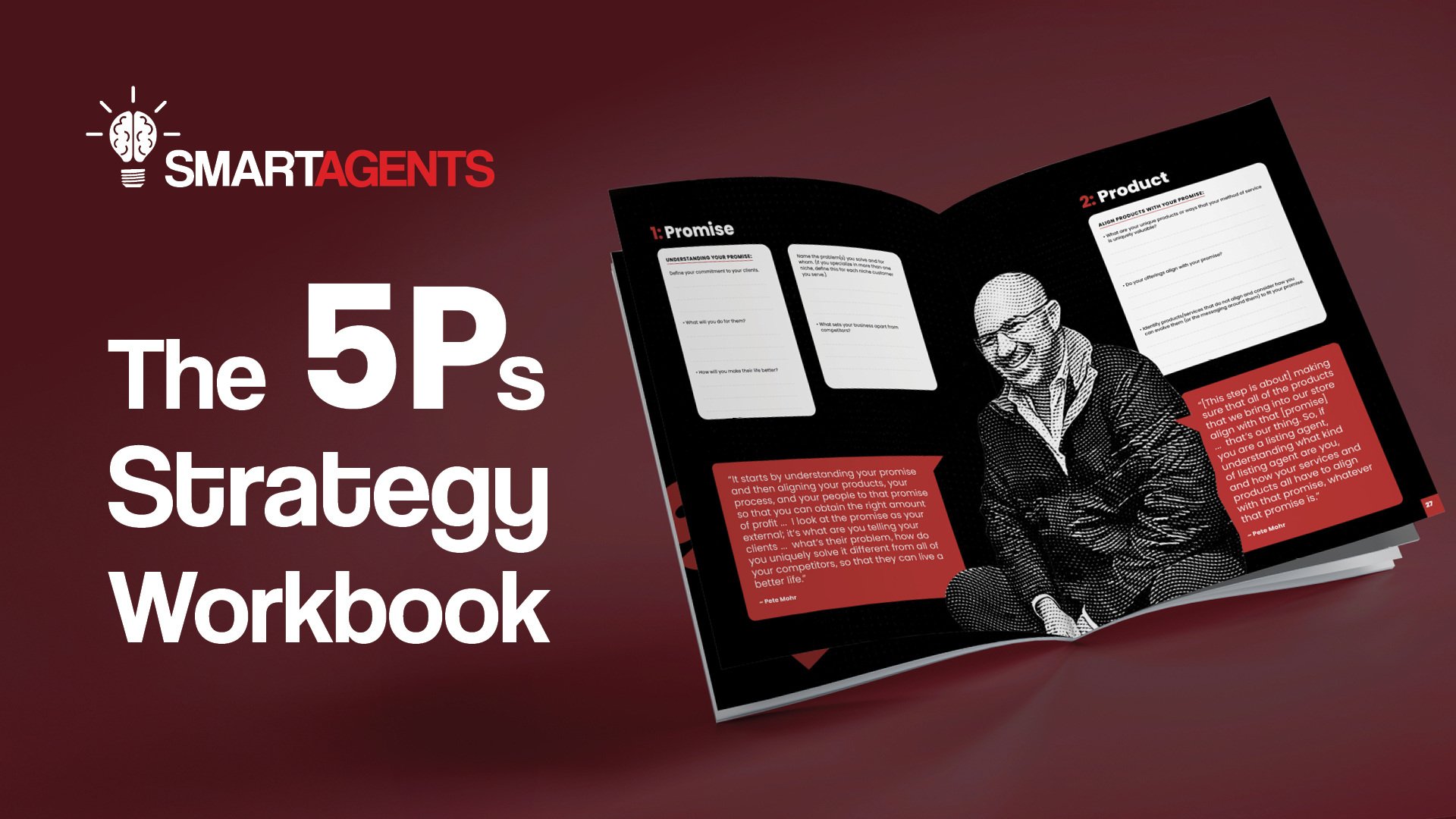CJ Garrett Roth, owner of the brokerage Low Country Charmed in Charleston, S.C., has been an agent for 17 years.
Before getting into real estate, CJ worked as a financial planner, where she worked with clients who had inherited homes from loved ones. She decided to obtain her real estate license so she could help her clients make better choices.
“So I was the person that they picked because I also had my real estate license and then referrals from other companies that I worked real closely with — a property management company — and so I would do that for them because I understood the probate process a little bit more than the average agent.”
She also got referrals from attorneys through the property management company.
“There was properties that were being rented and once that owner passed away, the heir is wanting to sell. So they reached out to the property management company, and they referred to me.”
CJ found that having these professional connections was beneficial for both her and her clients.
“They really don't want to work with somebody who doesn't know what happens because there's so many dates that you have to meet, and starting with the process and then being able to — depending on how the state is structured — you know, how many people have to sign off. And of course I live in the South, so there's a lot of heirs property around here. So you have to understand that mix.”
“I mean, the longest it took me to sell something was almost a year from the time we got a contract until we could actually sell it because we had to go back to all the heirs. I actually had to go to Columbia and get the death certificate for anything to be able even to go forth physically to get it because they had let it expire too long to be able to reveal to them.”
Advice for Other Agents
CJ says other agents who want to get into the inherited homes niche should focus on building relationships with attorneys who deal with probates.
“See if they can sit down with them because every state has a different way of doing it,” she says. “I had already kind of experienced that when I was a financial planner and I had to go through probate with people. …I got the education without really pursuing it, out of necessity, which is probably not the best way to do it.”
She admits inherited listings often have hurdles to overcome that agents should be prepared to handle.
“Well, the hardest property I ever sold was a situation where the husband had passed and the wife had moved in with her sister in a completely — another state. They were letting a family member live there, and then the family member moved out and they decided to sell it. Well, they had not registered, they did not go through probate. They just didn't go through probate. They didn't file any of the paperwork. They were supposed to change the ownership from her husband to herself. And she had every right to do that. But I think here you've got a seven-year period to do that and this was 10 years after. So I actually had to go and get the death certificate from the Capitol up at Human Services in Columbia, S.C., so that the attorney could have the proof. Then first thing we had to do is to prove that she was the rightful heir. So then she had to go back and get all of his relatives to sign off saying they did not have a claim to the property. So it took quite a while.”
 Sealing the Deal
Sealing the Deal
CJ says conducting a listing presentation for inherited homeowners is different than delivering a traditional listing presentation.
“Well, my first meeting is usually by telephone. You know, I need to get the information together. I kind of need to know the lay of the land, talk to the people. I really have to take more of an advisory approach rather than a sales approach. And then when I finally, I mean, I had people I have never met with — they lived in other states and that's very, very common that you never even get to meet any of them. A lot of them are older. They aren't into Zoom. So a lot of it is through, you know, the telephone conference calls with them, the attorney, you know, and myself just kind of letting them know the process.
“I certainly can let them know the process, but I'm not an attorney. So what I usually like to do is to get the attorney that's going to represent the estate to have a conference call. So he's the authority on that portion of it. So he'll go through the process and say, ‘OK, here's the first thing that we have to do. This is what we need to happen. Then when we get an offer, this is the next thing.’ And then I take over, "OK, here's the process of selling it." And then he says, "OK, now it's my turn to take over again, to disperse the funds.’”
If her potential clients don’t yet have an attorney, CJ connects them with one of her partner attorneys to help them through the process.
“Having a good relationship with attorneys is really what it's all about because it's very difficult when someone's in an emotional state to be the authority when you're selling the thing that they're tied to emotionally. So having that extra person in there to be that, you know, authority for you is a much easier process.”
A lot of the time, CJ says, inherited sellers are looking to get a specific price for the home and aren’t as interested with comparable property prices. That’s when she explains the reality of trying to achieve an unrealistic price.
“I've had people say, ‘Well, if I can't sell it for this, I don't want to sell it,’ you know? And I'll show them, ‘OK, well, basically, here's the deal. Would you want to hold onto it for two more years? Because you're looking at where we are now. And you look at how fast the market has increased to get your price. We're going to have to wait two to three more years to even see that acceleration in the market.’ And once they see that they, they really want their money as quickly as possible. So that's how I dealt with the logic portion of it.”
A Different Approach
“I've learned a long time ago that I don't position myself as a salesperson. I positioned myself as an advisor and, you know, if they want to work with me, great. If they want to work with somebody else, that's fine, too. But I will still give them, you know, my two cents if they ask for it.
“I was a financial advisor, so I take more of an advisory [role], and I've tried it the other way, you know, and I mean, I can get out there and do it that way. I just don't enjoy it. It's just, you know, it's just all about the money. It's not about helping people and I'm more about, I can still make money and help people and feel much better about the sales process. I'm not a circle caller, you know? It's not the volume for me.
“I really only want to work with people that I want to work with. Right? So I have to like them, they have to be motivated, and I have to feel like I can actually help them.”
She says a great place for agents looking to get into the inherited niche to start is to visit their county website and educate themselves about the probate process in their area.
“Once they have that, then they'll know the right questions. And then I would call a couple of probate attorneys and tell them that I'm looking to do this as a business. And you know, I'd like to create this relationship so that if I run across somebody and they don't have someone, I can refer them to you. And likewise, you can refer them to me.”
She says it’s important for agents to educate themselves before reaching out to attorneys because they don’t have time to teach them how everything works.
“They just want you to know,” CJ says. “But if you know enough to ask the right questions, then you can come off as knowing a lot more than you actually do and get some answers.
“It's much easier for them if you have somebody who knows what they're doing because then they're not telling the wrong thing and then they have to go back and correct it and say, ‘No, that was wrong.’”





